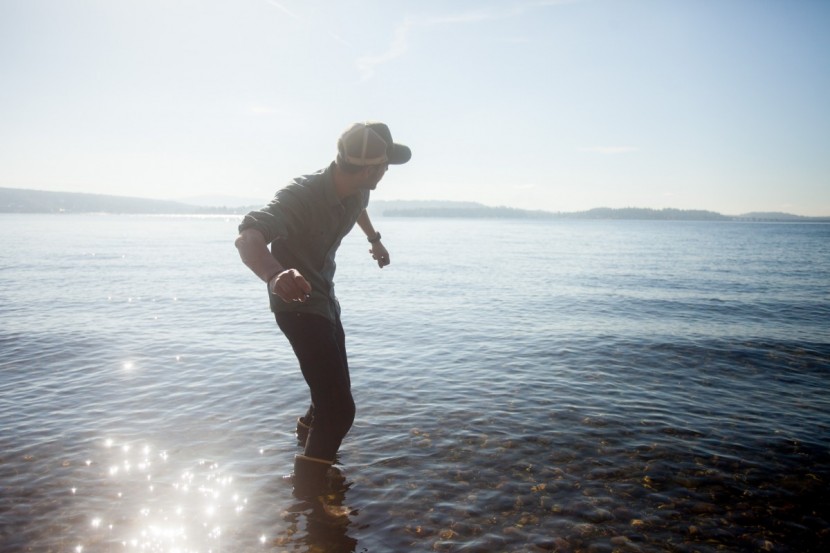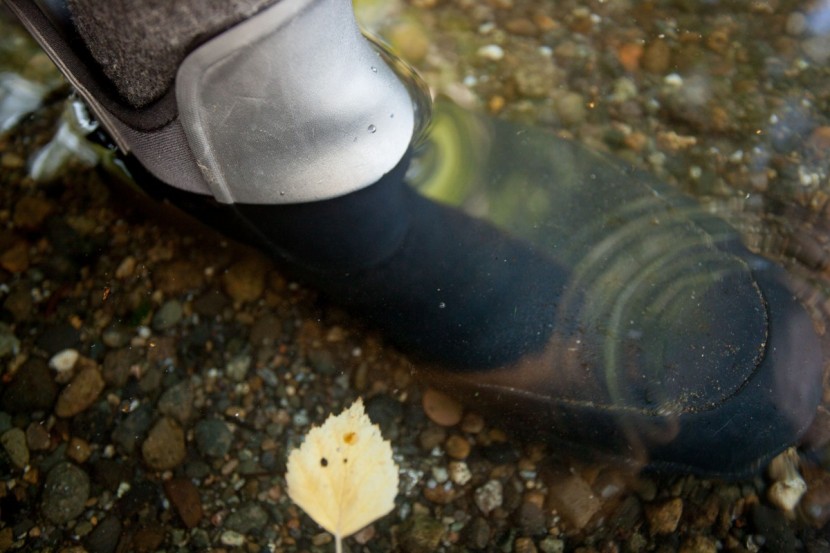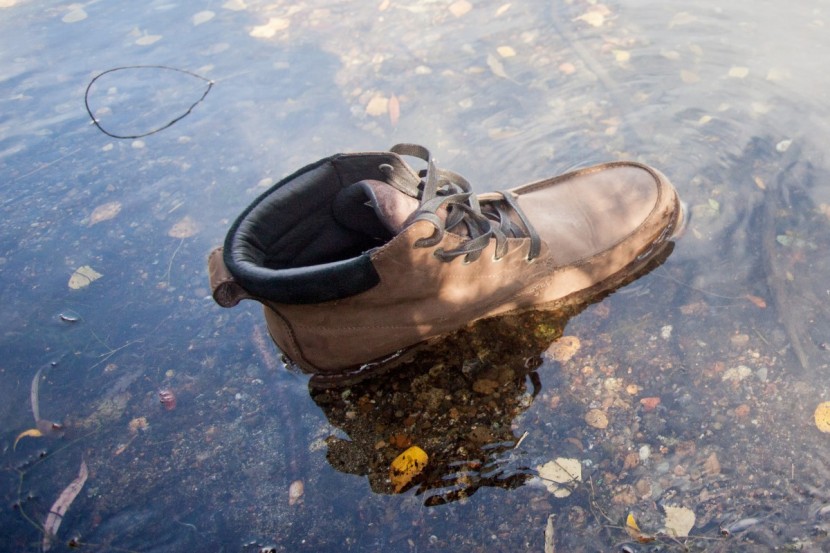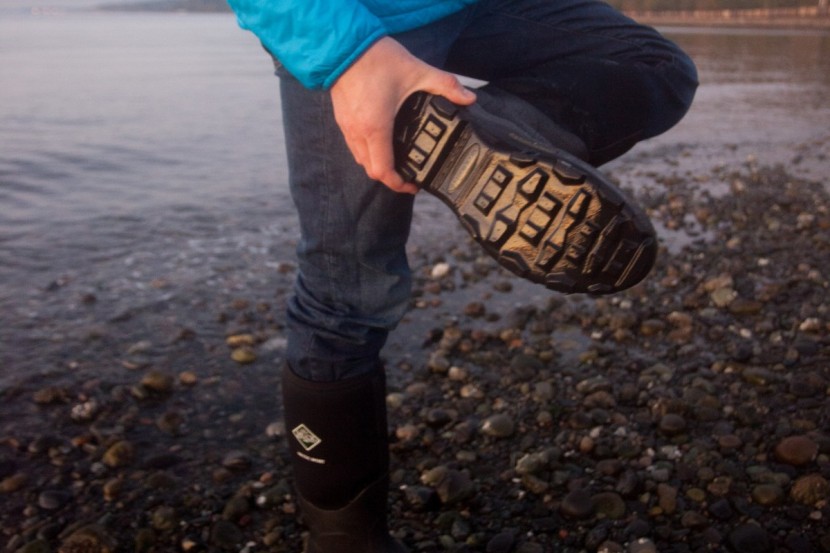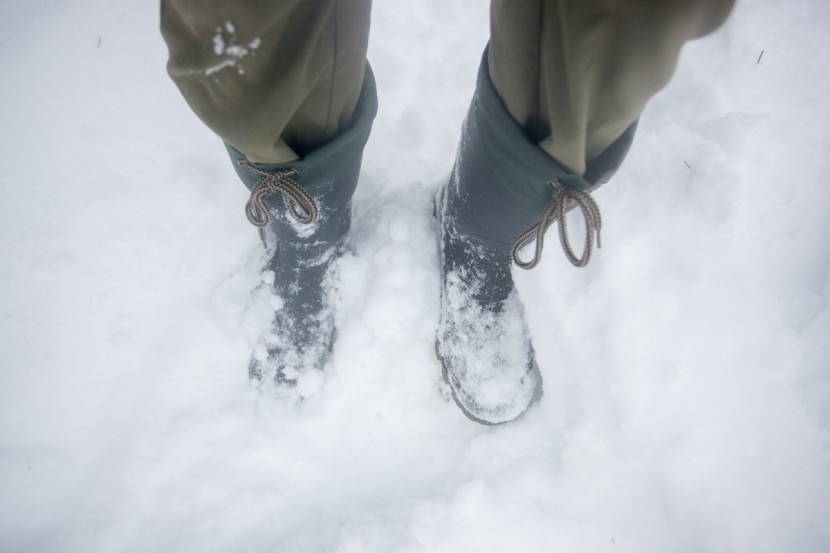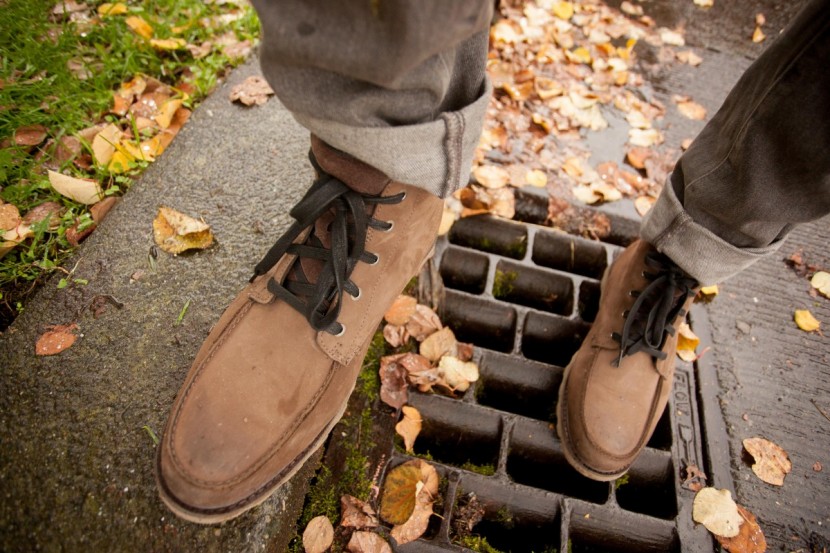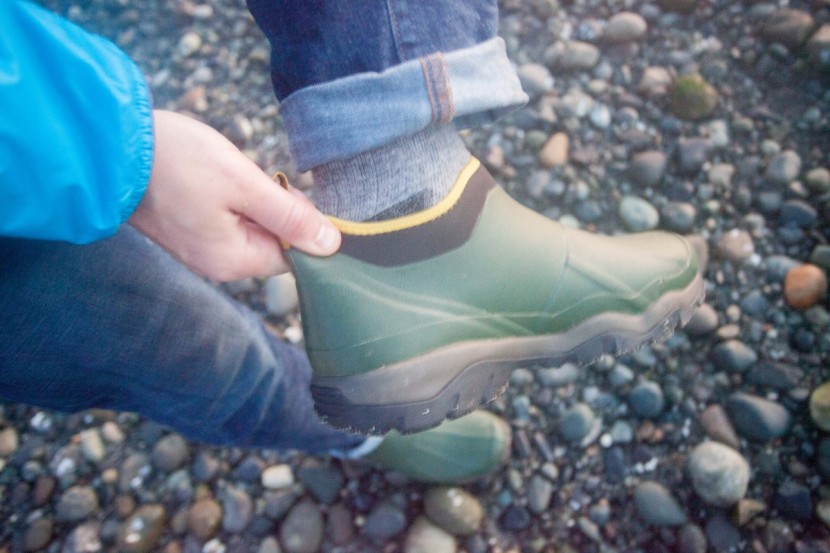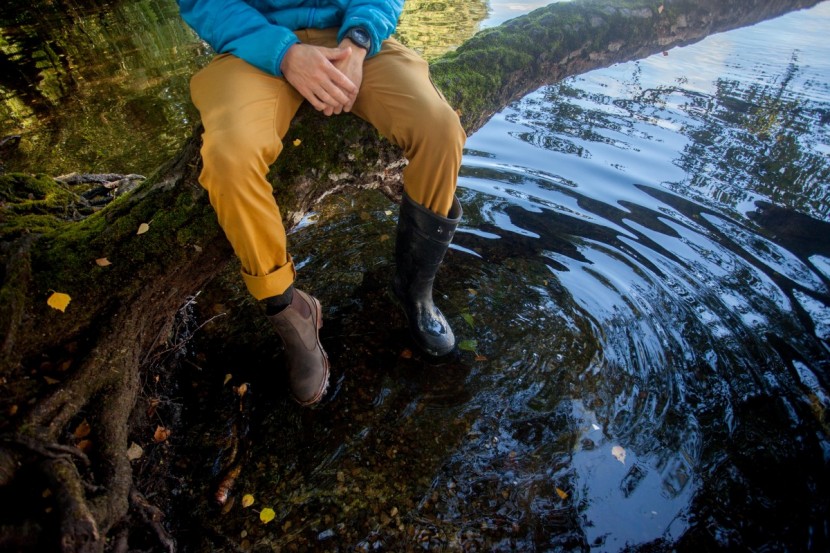Where We Test
Our testers have put in years working in unrelentingly uncomfortable conditions — as sheep, cattle, and vegetable farmers, as ecological field researchers, as outdoor guides, and as environmental journalists. In each of these jobs, our testers go out no matter the weather. As a result, they've found just about every different type of rough weather you can think of — from thundersnow to ice-muck! Our testers spent long days counting leaves on high-alpine aspen trees while hiding from thunderstorms, docking lamb's tails in dumping snow in New Zealand, slogging through and shoveling shin-deep mud while building a rammed-earth home in Argentinian Patagonia, and washing artisanal organic carrots in sub-freezing temperatures in northeastern Maine. They've also worn and destroyed a troubling amount of footwear, so they know exactly how to tell whether a boot is worth the money, as none of their jobs have ever paid much.
To determine what boots stand out, our testers found the most uncomfortable tests they could endure while trying to avoid long-term damage to their own feet. The most casual tests involve wearing rain boots on every adventure they go on, throughout all the weather they can find, which can encompass balmy (sweaty) 80°F temperatures by Californian beaches to feet of snow and 5°F temperatures up in the Northern Rockies. Our testers also assessed these boots in controlled environments, at work (indoors and out), on concrete, and in ice-filled bathtubs.
Testing Weather Protection
To formally test weather protection, testers have walked around in the Puget Sound, Lake Union, Green Lake, the Yakima River, the Colorado River (while rafting the Grand Canyon), the Clark Fork, the Bitterroot River, as well as a series of rivers and ponds in rural Maine, and waited to see if any leaked. The Puget Sound test has been the most unpleasant test so far: our testers were whipped around by 35 mph gusts and 25°F temps while wading through the choppy waves. During more casual use in the rainy fall, testers considered how each boot performed in puddles and muck as they were encountered.
Testing Comfort
To test comfort, our testers wore the boots on concrete and hard surfaces for 5+ hours at a time (the longest test lasted for 15 hours straight, which proved surprisingly bearable thanks to the boot's impressive comfort). At the end of every session, testers took notes on the performance of each boot and whether they'd be happy to keep wearing them.
Testing Traction
To test traction, we slipped around on soggy hills, wobbled across mossy logs, shuffled around on damp concrete, and skidded on snow and ice. If boots seemed similarly grippy, testers even wore one boot on each foot as they tried to figure out which boot gripped better, which made for a weird look but great science.
Testing Warmth
To formally measure relative insulation between boots, testers started a timer, then wore each pair of rain boots in an ice-filled bathtub (without socks) until they could feel the cold seep into their bare feet. Testers also wore the boots in cold weather, ice, and snow to ground-truth the ice-water immersion test and make sure that no boots had been misrepresented.
Testing Wearability
This is a slightly more informal test: our testers talked to their friends and SOs about the style of the boots and just generally wore the boots around to determine how easy they were to use.
Testing Fit
Finally, to test fit, our testers measured their feet with a Brannock device — to make sure they knew exactly what their own foot size was — then put on each boot and considered the boots' internal dimensions compared to their own feet.
These tests have been conducted from fall through spring since 2014, throughout the United States, thanks to our testers' itinerant lifestyles. Our favorite boots traveled further afield with us, and have been to Vancouver, Southern California and JTree in the winter, snowy Minneapolis, the Chiricahua range of Arizona, the Red River Gorge, Vedauwoo, Olympic National Park, Glacier National Park, Rainier National Park, Yellowstone National Park, Squamish, Teton National Park, Red Rock, down the entire Grand Canyon, the Oregon Coast, Acadia National Park, Niagara Falls, and countless other destinations. Once we finished testing each boot in the real world, we measured them all with scales, tape measures, and steely determination, then wrote up everything we found so you can make the best decision about what will work well for you!

